News and features
Read the latest news and features about our world-leading research, discoveries, fundraising and philanthropy. If you want to keep updated on our news, you can follow us on social media or sign up for our Search newsletter.
If you’re a journalist and want to find out more, you can contact our media relations team.

New radiotherapy regime for prostate cancer could save NHS tens of millions per year
A shorter course of prostate cancer radiotherapy, involving fewer hospital visits and higher individual doses of radiotherapy, is as effective as the current standard treatment for both survival and quality of life, a major new study reports.

UK first: microscope uses tractor beams to peer inside cells
The Institute of Cancer Research, London, will be the first research organisation in the UK to receive a new type of high-tech microscope, allowing scientists to view dynamic cellular processes in real time. Liz Burtally finds out how this powerful machine will help researchers to design a new generation of drugs that target cell division.

Whole-body scans could track cancer in patients’ skeletons
Magnetic resonance imaging (MRI) could monitor aggressive cancer that has spread to the bone anywhere in the body, a new study reveals.
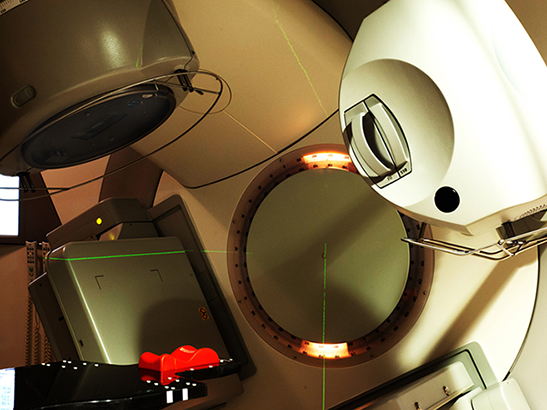
Targeted radiotherapy for head and neck cancer could reduce the risk of dry mouth
Changing the intensity of radiotherapy to protect the salivary glands could help treat a rare type of head and neck cancer and improve patients’ day-to-day lives, a new study shows.

CBE for eminent ICR researcher in Queen’s Birthday Honours
Professor Nazneen Rahman, a world-leading scientist from The Institute of Cancer Research, London, has been awarded a CBE in the Queen's Birthday Honours list for services to medical sciences.
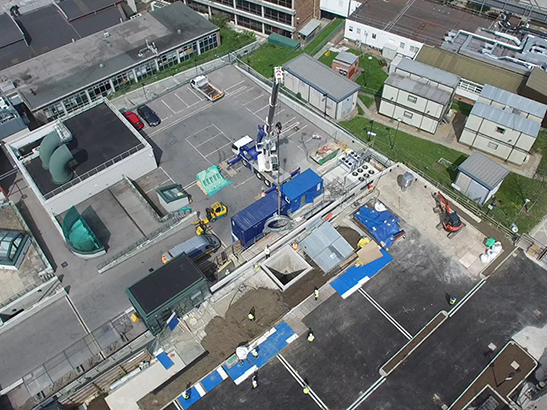
Progress with MR Linac radiotherapy machine promises a new era of personalised therapy
Following the delivery of a giant magnet for the groundbreaking MR Linac machine, Dr Claire Bithell considers what its completion will mean for personalised cancer therapy.
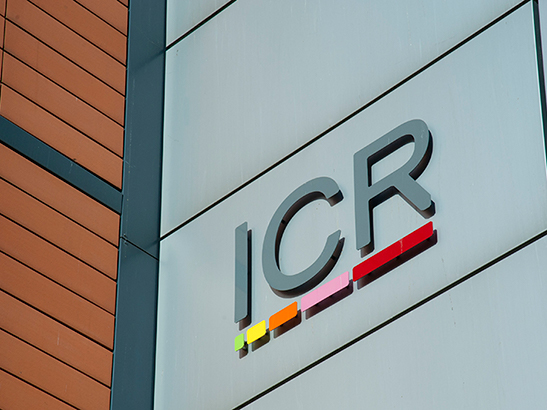
Queen awards prestigious Regius Professorship to the ICR
The Institute of Cancer Research, London, has been awarded a highly prestigious Regius Professorship by Her Majesty the Queen to mark her 90th Birthday.
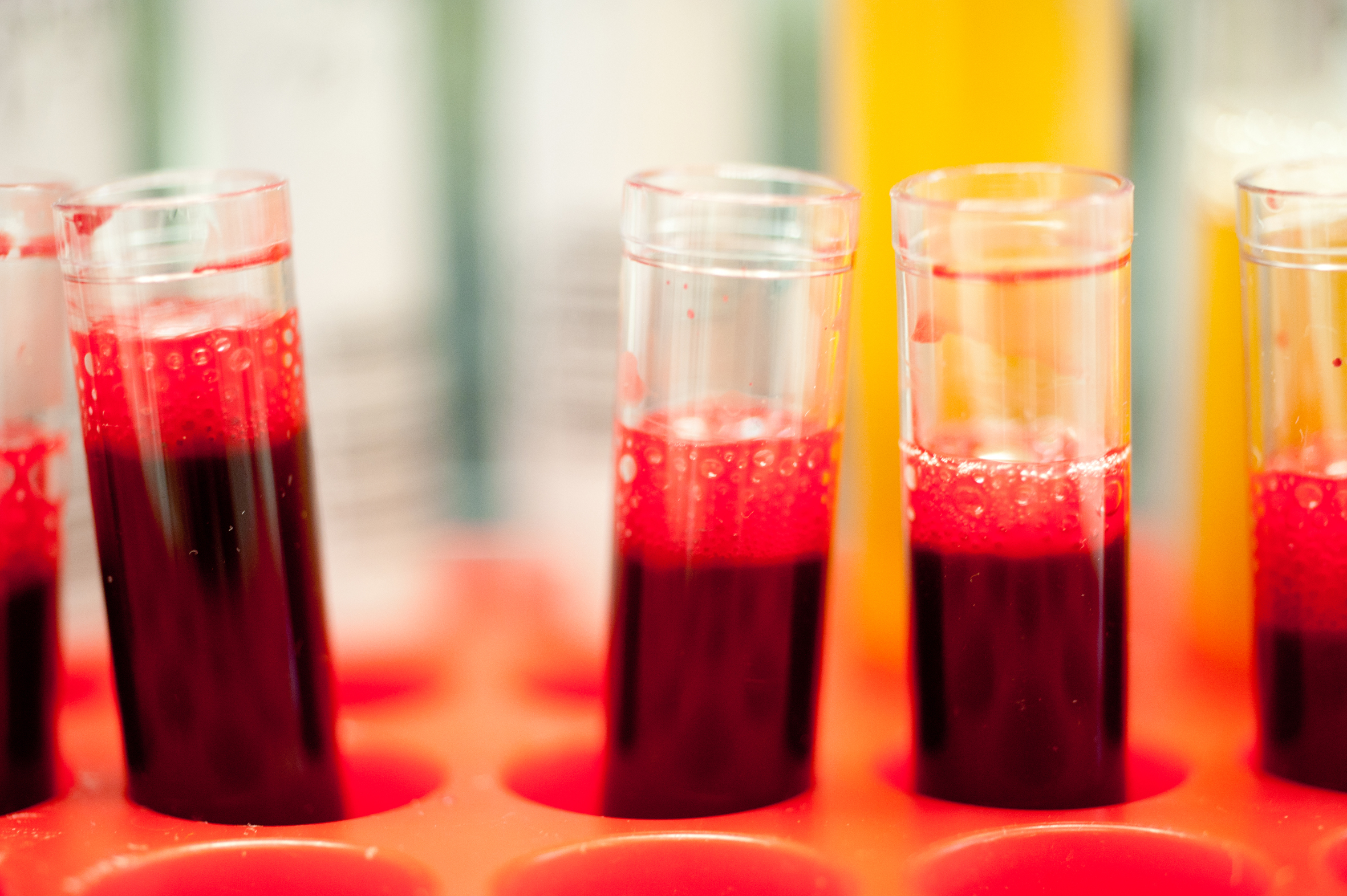
Testing blood metabolites could help tailor cancer treatment
Testing for metabolic changes in the blood could indicate whether a cancer drug is working as designed, a new study reports.
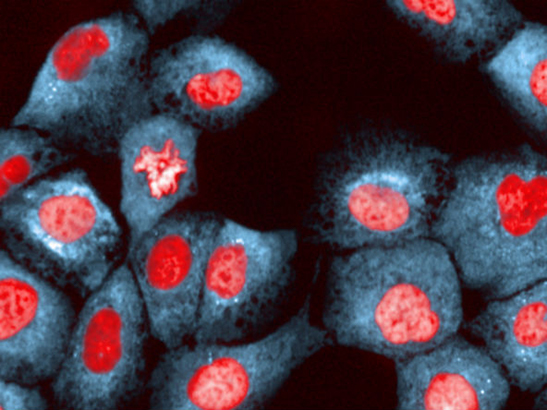
Cholesterol production could drive resistance to anti-hormone treatment in ER-positive breast cancer
Common breast cancers could be using a cholesterol-based molecule to evade standard anti-hormone treatments, causing patients’ disease to return, according to new research.

Blood test supports use of potential new treatment for patients with stomach cancer
Testing cancers for ‘addiction’ to a gene that boosts cell growth can pick out patients who may respond to a targeted drug under development, a major new study reports.
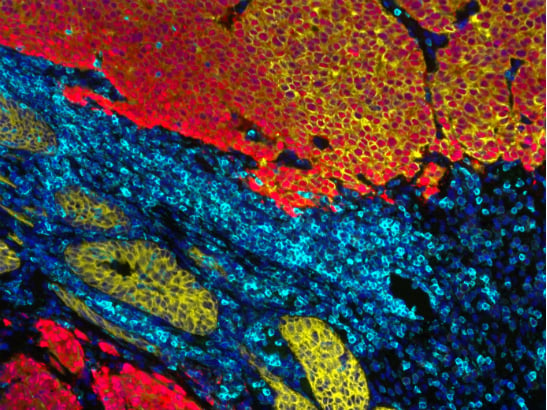
New protein test predicts survival for advanced prostate cancer patients
A protein linked to prostate cancer could predict which men are likely to develop resistance to current treatments and die earlier, a new study reveals.

New hope for prostate cancer screening
Taking samples of prostate cells from all men with a family history of prostate cancer could help to identify a significant number of new cases of the disease, according to new research.
